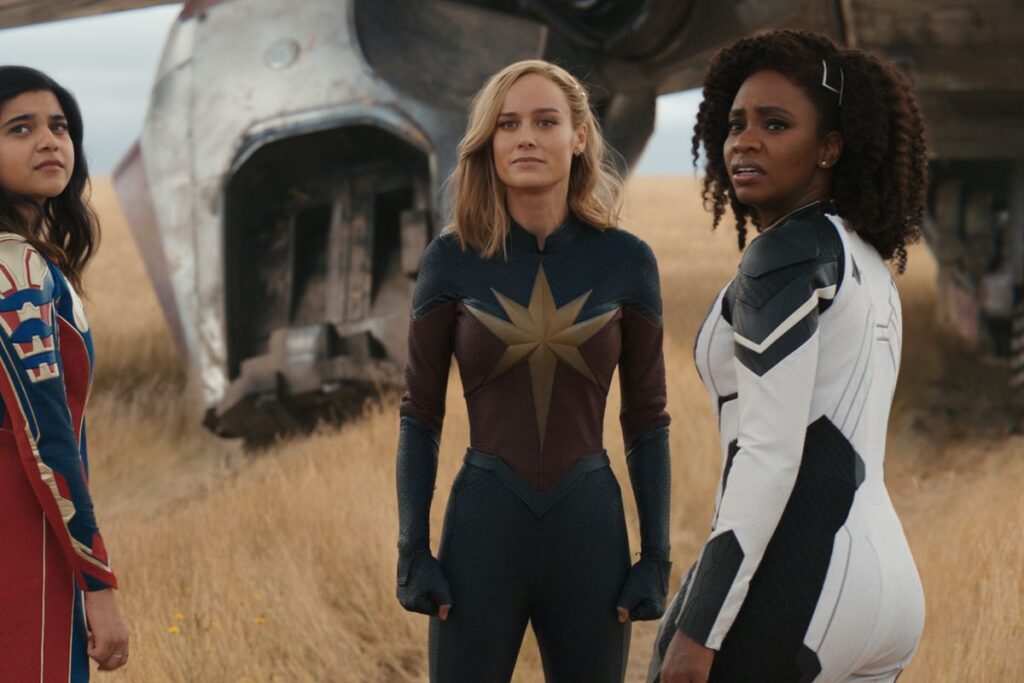
It’s only 4:30pm and it’s already dark in my place??? What the F&%$ is going on????
Sorry, had to get that out.
I’m getting oh-so-close to my end-of-the-year movie rankings so I’ve been trying to catch up on everything I’ve missed. I don’t know what I was expecting when I watched Dumb Money because nobody was talking it up. Yet it was still getting decent reviews.
So I was as surprised as anyone when I was so pulled into it. If you don’t know anything about the film, it covers the “Gamestop” stock-buying fiasco from a couple of years ago, when a ton of personal investors got together to try and bankrupt a giant hedge fund that had put all of its money into “shorting” the dying company of Gamestop. In doing so, it left itself vulnerable on the .000001% chance that Gamestop didn’t go bankrupt.
This plucky little personal investor named Keith Gill, who not only foolishly buys 50,000 dollars worth of stock in Gamestop, but runs a Youtube channel where he explains his elaborate thought process for doing so, inspires a movement over on a Reddit site when a few of the bigger personal investors on the site latch onto his advice once they realize they can bankrupt one of the biggest hedge funds in the world.
This creates a revolution where people just keep buying more and more Gamestop stock, putting Citadel into bigger and bigger trouble. There’s this great little scene late in the screenplay where Keith Gill’s wife asks him, “How much did we make today?” “5 million,” Keith responds. “How much did we make yesterday?” “4 million,” Keith responds.
We then cut to Citadel employee Gabe Plotkin, whose wife asks him, “How much did we lose today?” “1 billion,” Gabe replies. “How much did we lose yesterday?” “1 billion,” Gabe replies. It perfectly wrapped up how insane this was.

But the main reason I liked this movie so much is because it creates this impossible internal dilemma for the main character, Keith. Remember, in the newsletter, when I talked about making things as hard as possible for the main character? But, in that example, I was referring to externally. For example, if your hero gets in a gunfight, have his gun lock up. How do you win a gunfight without a gun? That’s the sort of stuff you want to do to your main character.
But if you want to take that to a nuclear level, make things impossible on your hero INTERNALLY AS WELL. That’s what this movie does. Keith becomes the face of this movement. He bought 50,000 dollars worth of stock when the stock was 3 dollars. The stock gets up to 450 dollars. Which means Keith has holdings of over 50 million.
Now, if you were smart, you’d cash that out. At least some of it. But because Keith is the face of the movement and because he’s live-streaming every night, every move he makes is symbolic. If he sells even a tiny bit of his stock, he is admitting to everyone that he no longer believes in the movement. Which would cause everyone else to sell their stock and the whole house would crumble. So he’s under this enormous amount of pressure to not sell. And you could see it on him. This guy was scraping by his whole life and then, over the course of a month, he has 50 million dollars. BUT ONLY IF HE SELLS.
It was an impossible situation. And then, of course, the banks and hedge funds start conspiring to destroy the personal investors (really rich people call personal investors “dumb money,” cause it’s so easy to take their money), creating an impossible external challenge as well.
In addition to this, Dumb Money handles exposition like a champ. When you write this type of movie – one that requires so much education for the audience to understand what’s going on – it’s easy for the script to drown in that exposition. But Dumb Money spreads its key educational scenes out, so they’re never overbearing, and has fun with them, so that there’s a playful enjoyable aspect to hearing how all this works.
Oh, and as we always say here on Scriptshadow: Underdog movies always work. And this is a pretty big underdog story.
Now, is it the best movie or screenplay of the year? I don’t know. I’ve been letting the film marinate in my head for the last couple of days. It’s certainly more entertaining than those high-profile Oscar-thirsty yawners that the studios are releasing. I’m curious to hear why people haven’t been talking this up more. Am I alone on Dumb Money Mountain?
I also have something very sad to report. This weekend, the Marvels officially bowed out of the box office race, tapping out at 80 million dollars. To give you a little perspective on where this places the film, Solo: A Star Wars Story, the biggest box office disappointment in Star Wars history, made 84 million dollars on its opening weekend.
The Marvels represents, to me, the pinnacle of message-over-matter. And when I say “matter,” I mean, “that it matters” to the audience. It was written to drive a message. It was cast to drive a message. The director was hired to drive a message. At no point was a creative decision made with the goal of making the best movie they could possibly make.

At first I was like, “How could a company this big with this many smart people make such a mistake?” But it’s much more complicated than that. Disney made a series of decisions over four years that opened up the opportunity for the patients to run the asylum. Honestly, I don’t know if they can go backwards. That’s why they brought Bob Iger in – to fix all this. But Iger is learning that even in the quick four years since he left, the game has completely changed. If you go backwards, you get attacked. If you keep doing what you’re doing, you get attacked. It’s one of the more unenviable jobs in the world, I’d say. Well, I guess the 50 million dollar compensatory package at the end of each year helps.
The big positive story coming out of this weekend’s box office is the performance of the oddly titled, “Godzilla Minus One.” I didn’t know that titles could also be math problems. Can’t wait for “Aquaman Divided by 12” and “The Cosign Purple.” Anybody up for “Dune Part Two Multiplied by Nine?”

Godzilla Minus One is getting crazy good reviews. Which we’re not used to with Godzilla movies these days. I checked out the trailer to find out why and I can see why critics are going gaga. They set it right after World War 2, which is origin time for when Godzilla was born. So we’re going back to the beginning. It looks kinda cool but I don’t know if I understand the message. These people just endured this terrible war where 3 million of them were killed and now you’re going to have a monster show up and kill even more of them? How bout give them a chance to breathe, sheesh.
I will say that it looks a LOT BETTER than the latest U.S. Godzilla movie. That trailer was so poor that I actually thought it was fan-made. I’m still not convinced it isn’t. Maybe the Godzilla nerds can come in here and straighten me out. What’s going on with these two films? And why so much math?
Finally, please pay your respects in the comments section to The Marvels. I know we’re all hurting. But maybe, if we lean on each other, we can get through this.

